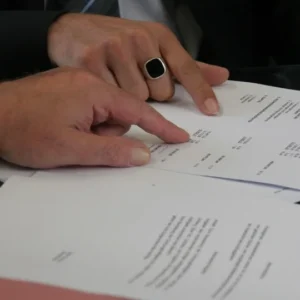WHAT HAPPENS IF YOU BREAK A COMMERCIAL LEASE
For many business owners, the decision to break a commercial lease is not taken lightly. The specter of legal action, steep financial penalties, and the possibility of irreparable harm to one’s business reputation are genuine concerns that can weigh heavily on one’s mind. Yet, it’s crucial to recognize that with the right approach and understanding, the process can be navigated successfully.










